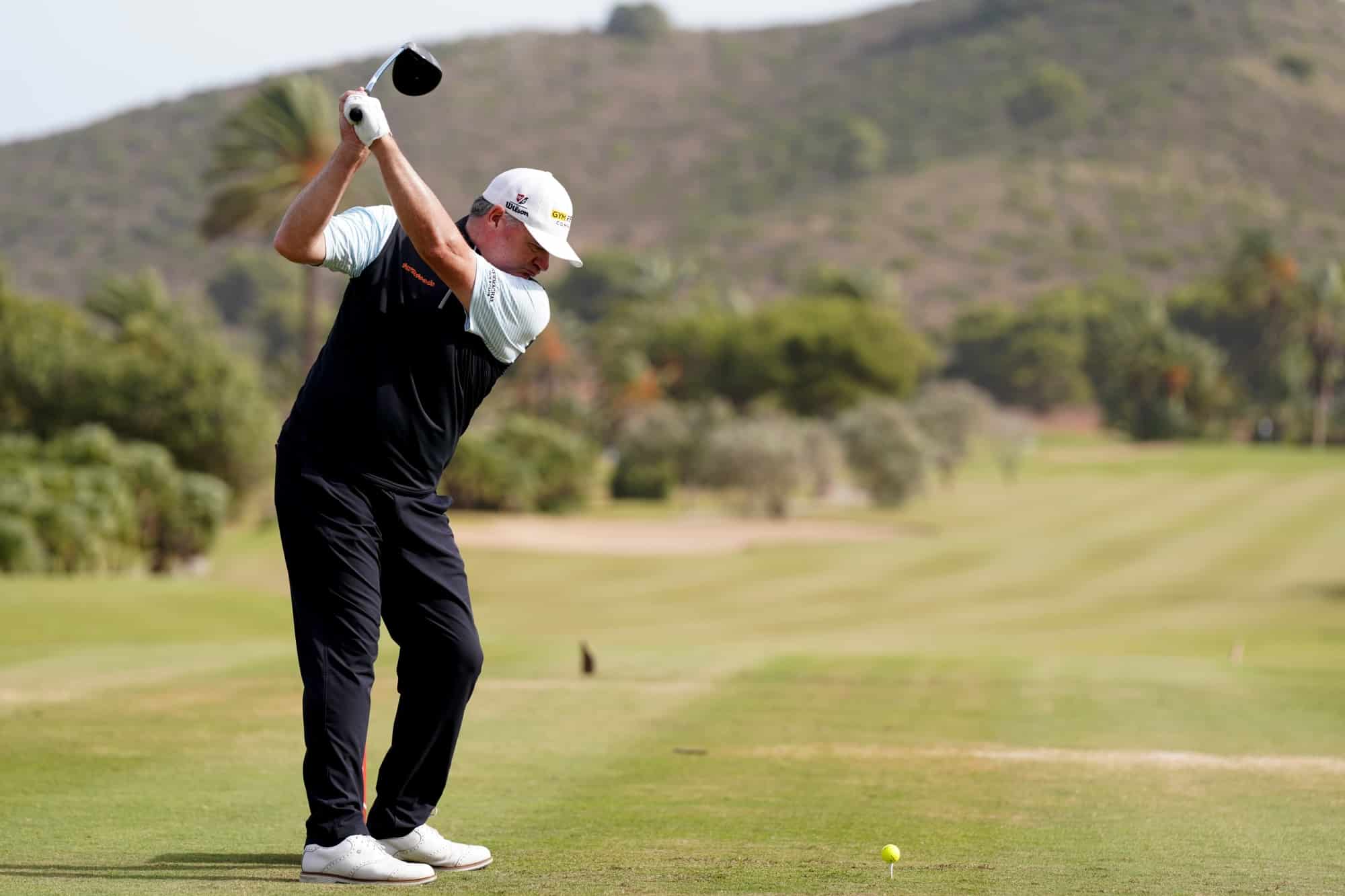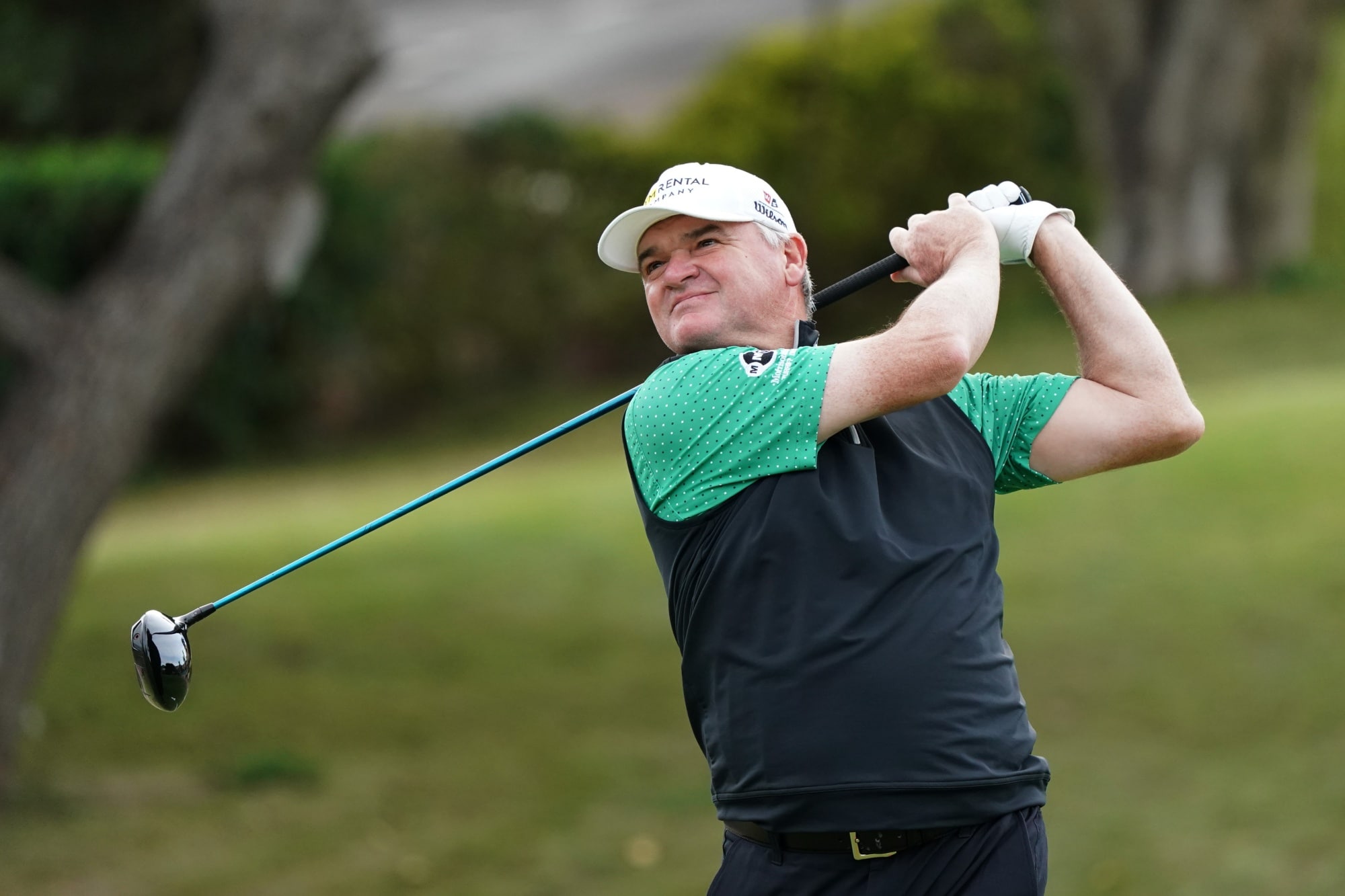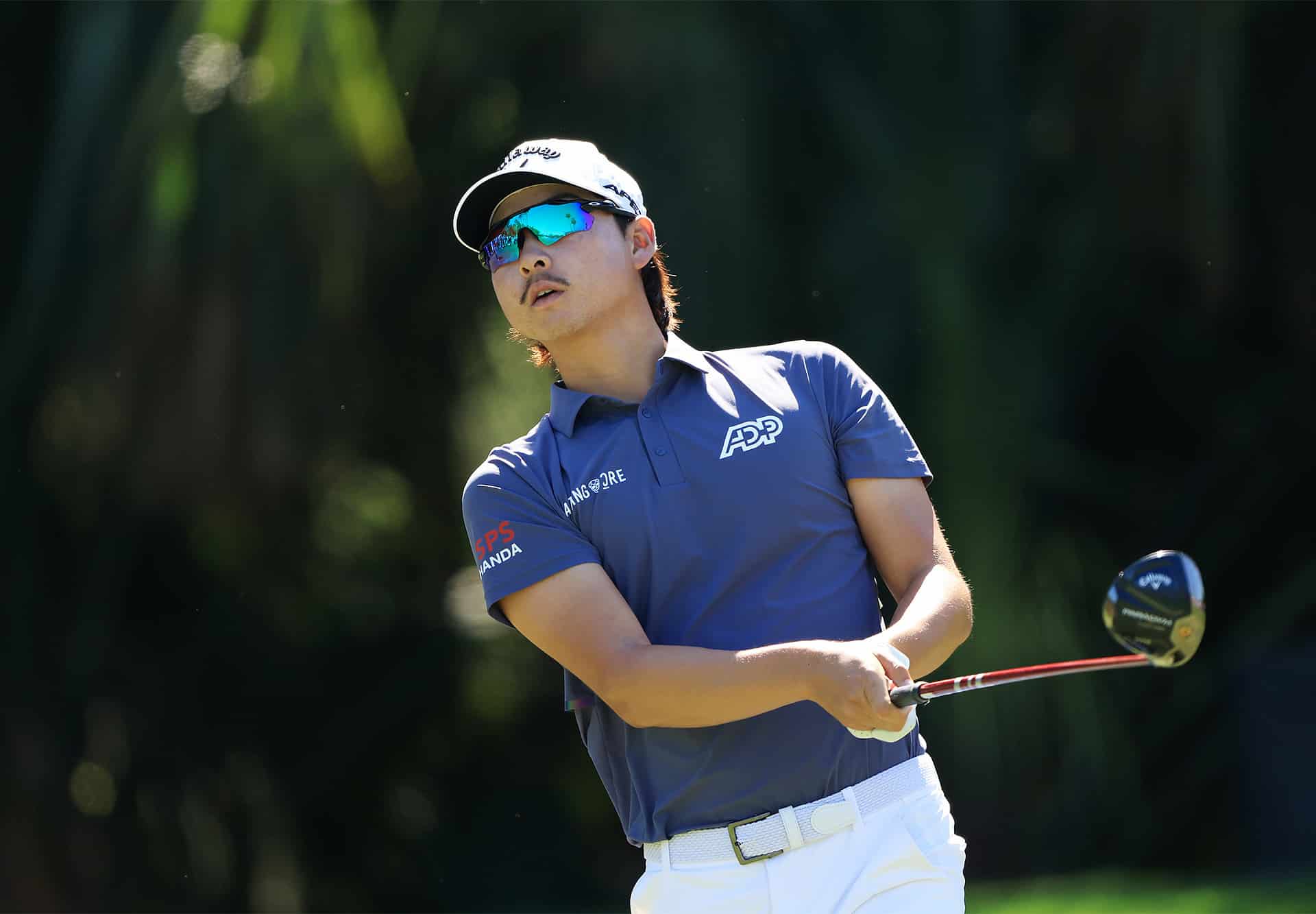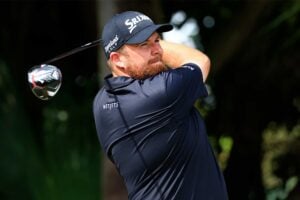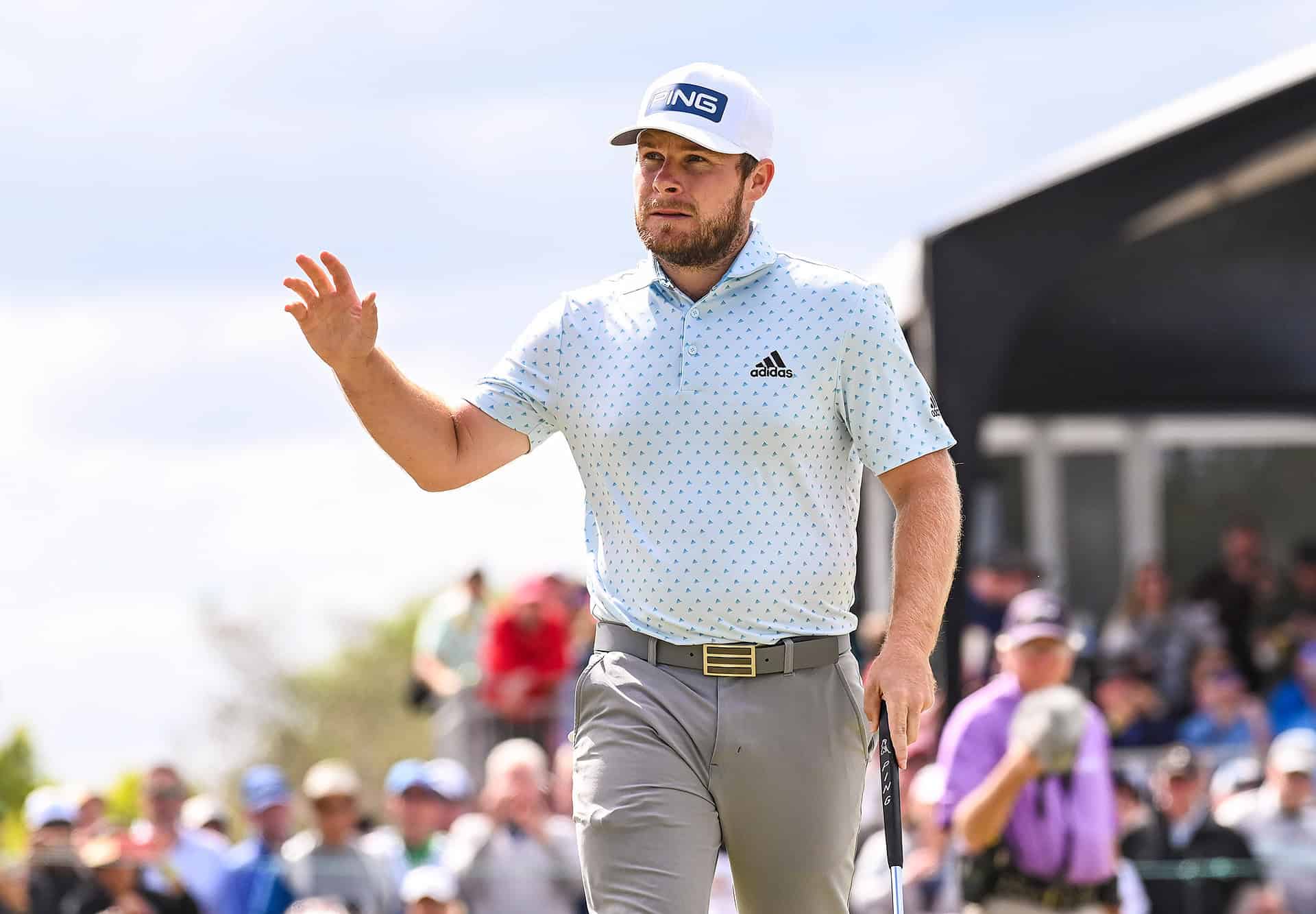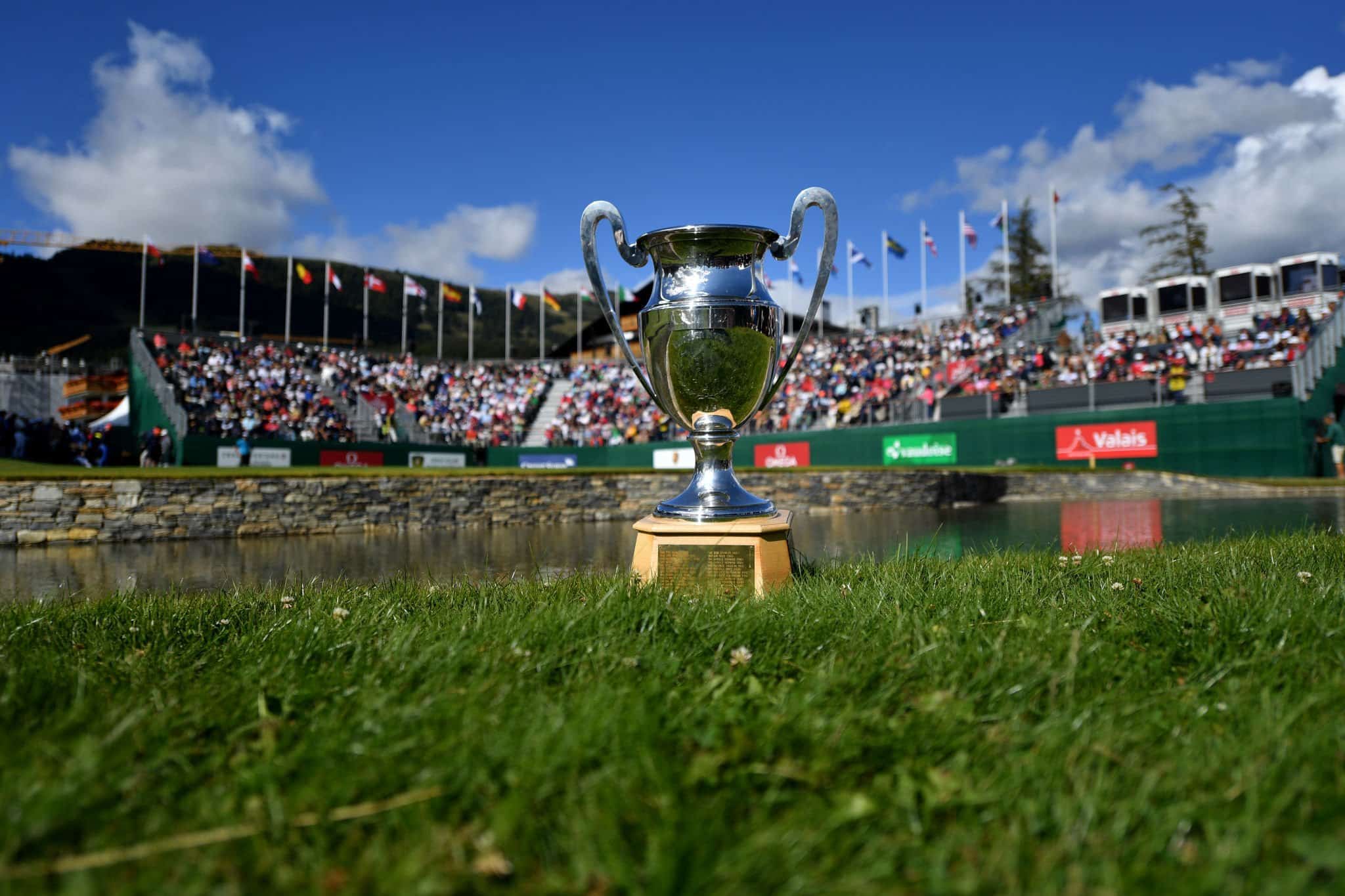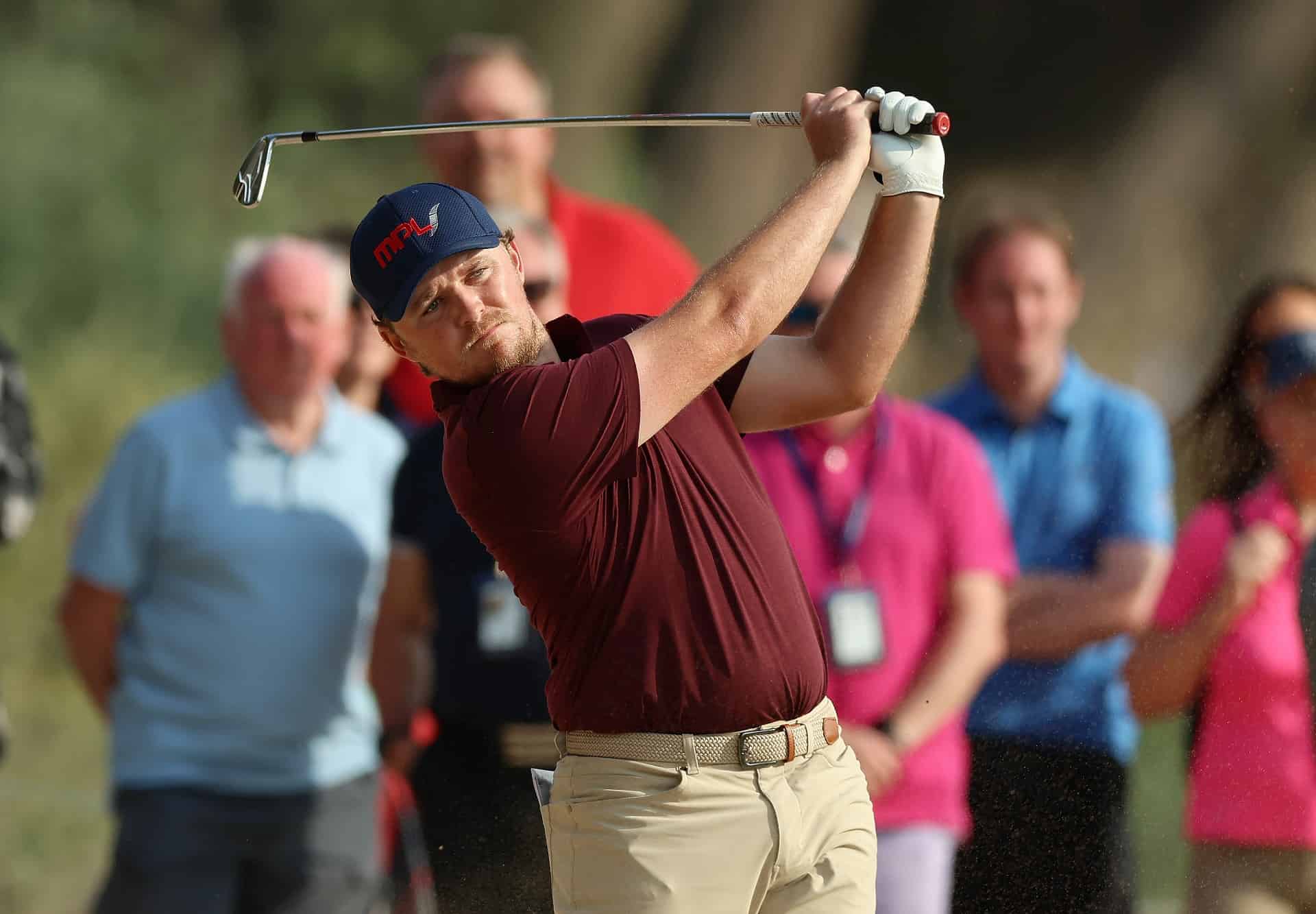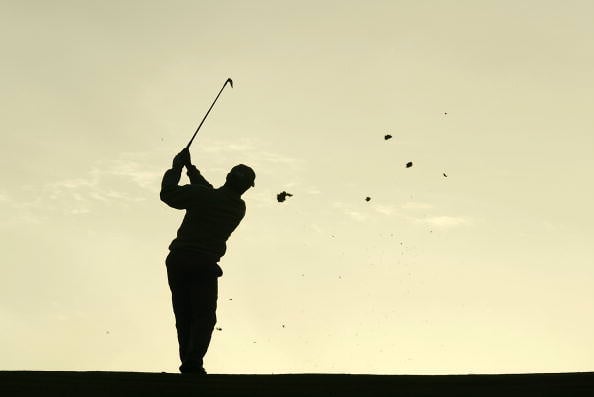
The PGA Tour says it wants to promote fair competition – should that extend to prescribed stimulants described as golf’s ‘little helpers’?
When asked by Golf.com how many of the world’s top 125 players have either diagnosed or undiagnosed Attention Deficit Hyperactivity Disorder, ADHD, PGA Tour veteran Robert Garrigus replied: “About half.”
Bob Rotella, a sports psychologist to many tour pros, including a handful of major champions, says: “Certainly there’s a good number.”
Ian Poulter, Bubba Watson, Jason Day and Keegan Bradley all told the same publication that they have, or believe they have ADHD.
ADHD is characterised by poor attention span, restless over activity and behaviour which would be expected for a child younger than the affected individual. Symptoms start when children are of primary school age indeed symptoms have to be present by the age of twelve to meet the most commonly accepted diagnostic criteria. Diagnosis is not straightforward as it can be uncertain where “inattention” for example becomes of such a degree as to be an illness. The frequency in the general population is somewhat contentious. But at most about 7% of children and “only” 5% of adults have the condition. Adults typically continue to have difficult ties with social skills but often manage other symptoms with adjustment strategies.
If ADHD is very much more frequent in professional golfers than the general population is that because it confers a benefit in that game or is there a different explanation?
The PGA Tour says that it developed its Anti-Doping Programme “to protect the integrity that is inherent in the sport of golf and to ensure the health and safety of all players. The use of doping substances is contrary to the spirit of fair competition that has always been a part of golf.”
The Tour has been keen to substantiate the integrity of golf as a “clean sport” and has recently added blood testing to its anti-doping policy.
Adderall and Ritalin are stimulants used to treat Attention Deficit Disorder and Attention Deficit Hyperactivity Disorder (ADD/ADHD).
They are amphetamines or psychostimulants and are among drugs banned by WADA. They directly affect the central nervous system, increasing blood flow and heart rate.
Colloquially known as ‘uppers’, this class of substances includes Cocaine. They can produce a wide range of adverse effects and can be addictive.
However, systematic reviews show when used at low (therapeutic) doses, amphetamines produce improvements in cognition. These include memory and inhibitory control, which is the cognitive process permitting an individual to inhibit their impulses and natural, habitual, or dominant behavioural responses to stimuli, so that they can select a more appropriate behaviour that is consistent with completing their goals.
Therapeutic doses of amphetamine also improve working memory in all individuals.
Amphetamines and other ADHD stimulants also improve task saliency, or motivation to perform a task, and increase arousal, in turn promoting goal-directed behaviour.
Evidence shows they can improve performance on difficult and boring tasks and increase endurance and alertness. In healthy people at oral therapeutic doses, amphetamines have been shown to increase muscle strength, acceleration, athletic performance in anaerobic conditions, and endurance by delaying the onset of fatigue.
Are some golfers taking these stimulants under the guise of medication? While prescription drugs can be a problem for tour pros because many are on the Tour’s banned-substances list, the rules allow players to apply for a Therapeutic-Use Exemption (TUE) to use Adderall, Ritalin or other medications classed as Prohibited Substances.
The PGA Tour does not disclose who, if anyone, has done so.
They say that a TUE will only be granted if all four of the following criteria are fulfilled:
- The player would experience a significant impairment to health if the Prohibited Substance were to be withheld in the course of treating an acute or chronic medical condition.
- The therapeutic use of the Prohibited Substance would produce no additional enhancement of performance other than that which might be anticipated by a return to a state of normal health following the treatment of a legitimate medical condition.
- There is no reasonable therapeutic alternative to the use of the otherwise Prohibited Substance.
- The necessity for the use of the otherwise Prohibited Substance is not a consequence, wholly or in part, of a prior non-therapeutic use of any substance on the PGA TOUR Prohibited List.
A top American pro’s coach was asked if a particular player had the condition, to which he responded: “Yes, but you didn’t hear it from me.” He went on to describe the player’s “high energy” and his ability to “putt in the middle of an interstate once he’s locked in.”
In a statement, the PGA Tour told nationalclubgolfer.com: “Stimulants, including certain ADHD medication, are prohibited under the PGA Tour Anti-Doping program and are easily detectable. The Tour has conducted thousands of anti-doping tests, and the abuse of such stimulants for performance enhancement has not been an issue.”
I would argue that research proves there is little doubt the therapeutic use of Adderall and other stimulants, which are Prohibited Substances, can produce additional enhancement of performance.
There have been many recent suspensions in professional sports related to the use of Adderall. Questions are being asked about a drug whose prevalence of use continues to increase exponentially in the world of professional sport.
In 2017, for the first time, the PGA Tour announced that any suspensions of players abusing any banned substance would be announced publicly.
While a step forward for increased transparency and the promotion of golf as a clean sport, where does that leave us with these prescribed stimulants?
If the PGA Tour wish to be transparent, maintain the integrity of golf as a clean sport and ensure the health and safety of their players, surely they ought to add stimulants to their banned substances list.


